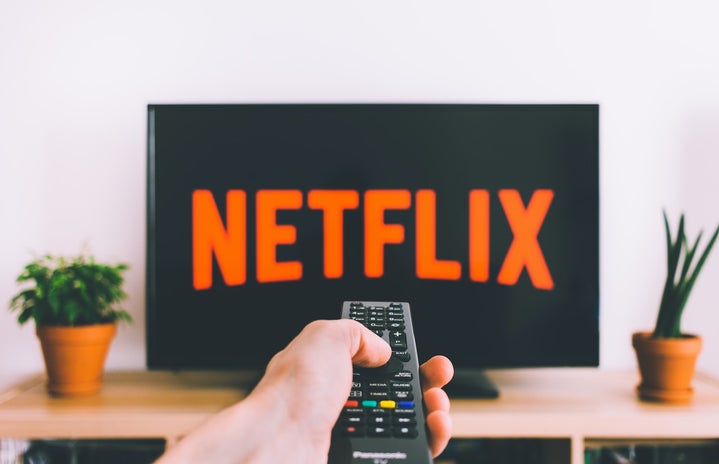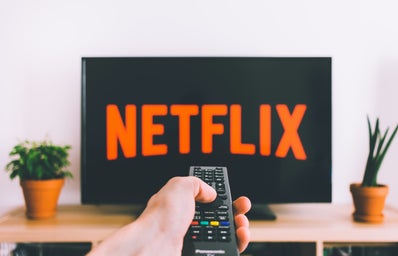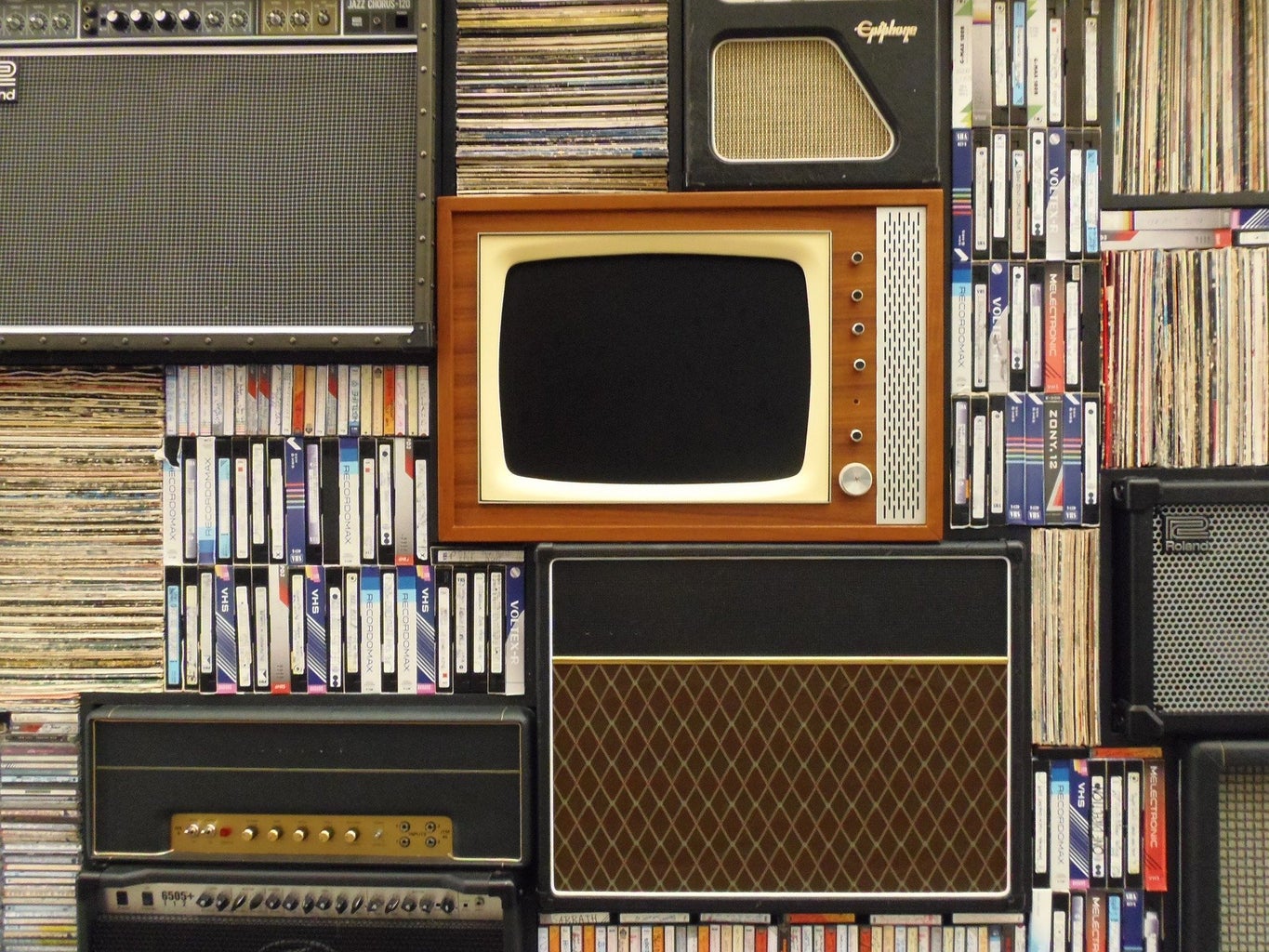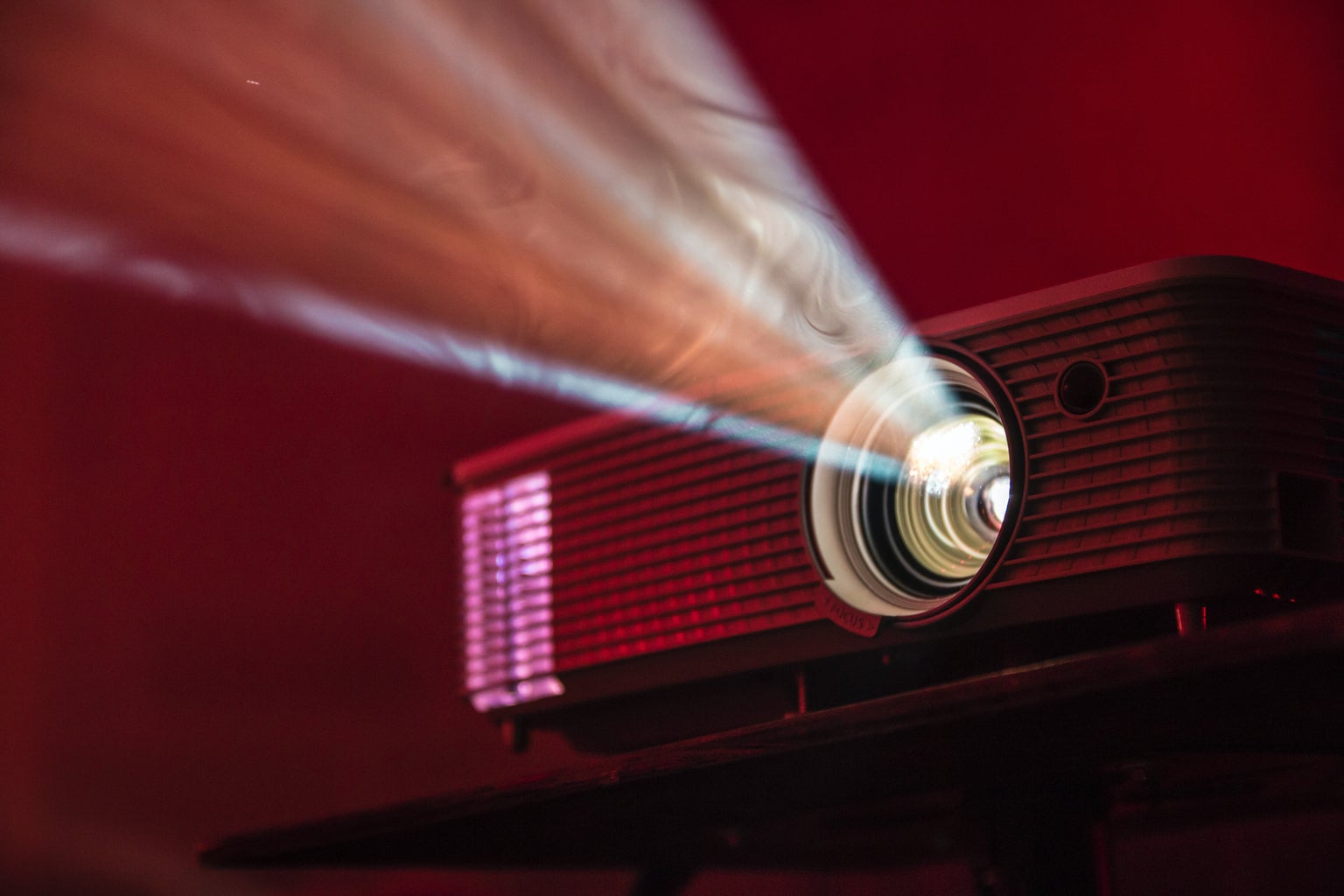Poorly done portrayals of mental illness are quite common in films and tv shows. When executed correctly, representations of mental illness not only educate viewers, but they provide relief for the viewers who have these illnesses. The show BoJack Horseman is an example of a show that treats these serious themes with care and respect. In contrast, the show 13 Reasons Why does not treat the subject matter with the same respect. In this article, I want to explore the attributes that differentiate these portrayals of mental illness, where the representation can go wrong, and why shows such as BoJack Horseman should gain your support while shows like 13 Reasons Why shouldn’t.
These two Netflix shows could not be more different in their displays of mental illness and trauma. 13 Reasons Why is a highly dramatized show, depicting the events after the character Hannah Baker committed suicide, leaving cassette tapes to 13 individuals she blames for her death. This show tries too hard to be a serious critique and representation of mental illness in teens to the point that it becomes a mockery and exaggeration in its portrayal. While the central themes of suicide, rape and addiction are extremely important to bring awareness to, the show attempts to sensationalize the topics rather than bring them justice.
On the other hand, BoJack Horseman is a comedy that follows the traumatized character BoJack and his group of friends’ ascent through life and Hollywoo, the fictional city they live in (that is clearly supposed to be Hollywood). The outrageous humour and visuals of this show create the perfect contrast between the comedic gags and the sensitive topics discussed. One aspect that allows BoJack Horseman to work so well is the animation and character design. Since the majority of the main characters are animals, like how BoJack is a horse, it provides visual relief from the sometimes gruesome scenes. Instead of being a constant trauma dump, like 13 Reasons Why, the switch between comedy and heavy scenes forces the viewer to pay attention and sit with the sadness of the episode.
The non-sensical animation of BoJack Horseman allows the creators to have a more visual and interpretive approach to their portrayal of various themes—something that can’t be done with the live-action 13 Reasons Why—meaning BoJack Horseman has no limits. This is demonstrated perfectly with the character Diane Nguyen as she goes through a depressive episode and all her inner thoughts, doubts and traumas are visualized through a sequence of scribbles across the screen following her train of thought. The experiences of mental illness can be at times difficult to explain in words; however, this show does a fantastic job of expressing feelings through visuals. Don’t get me wrong, mental health representation can be done well in live action, but 13 Reasons Why just isn’t one of them.
Another especially impressive aspect of this show is how the creators were able to integrate various traumas into the character of BoJack Horseman, while never making excuses for the avoidant and destructive ways he deals with them. While trauma has a significant impact on a person’s development—personality and overall self—this show demonstrates how trauma and illness can explain why a person may be a certain way without excusing how their harmful actions affect others. This show holds BoJack accountable for his many wrongdoings and does not shy away from him being the bad guy. This representation differs substantially from 13 Reasons Why, where they attempt to use trauma as an excuse and explanation of bad actions. An example of this is with the character Bryce Walker, the main villain of the first two seasons, where the writers attempt to give a redemption arc and sympathetic portrayal in later seasons after identifying him as a rapist in the early seasons.
It is exceedingly clear that the writers and show creators of BoJack Horseman have a level of knowledge, understanding and experience with mental illness due to the accuracy and care taken when articulating these themes. Portrayals like this may offer relief to audiences with similar experiences, demonstrating they are not alone while providing something they can point to that explains emotions otherwise too difficult to express. I only have amazing things to say about BoJack Horseman, though the same cannot be said about 13 Reasons Why. I highly recommend that everyone watch BoJack Horseman—I promise it will exceed expectations.





